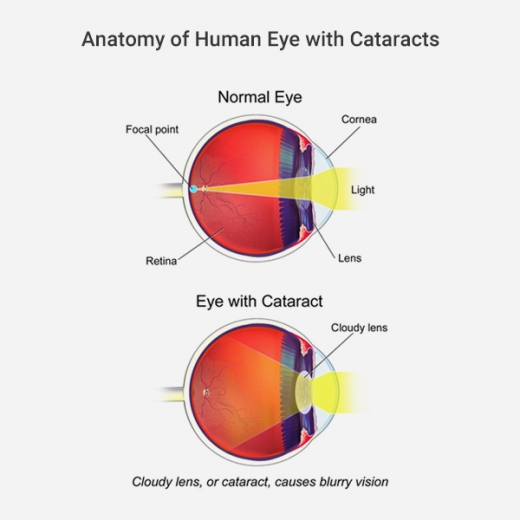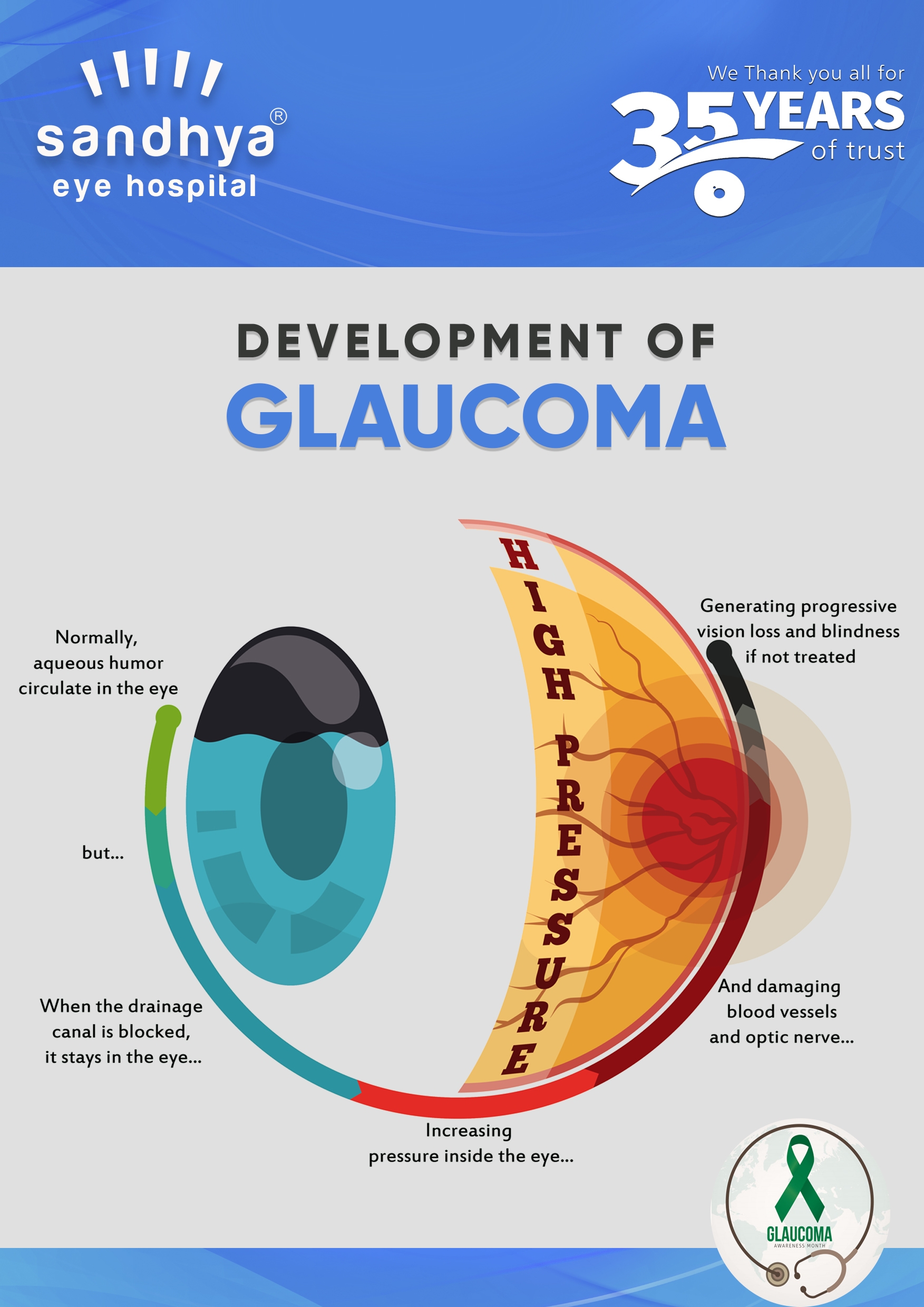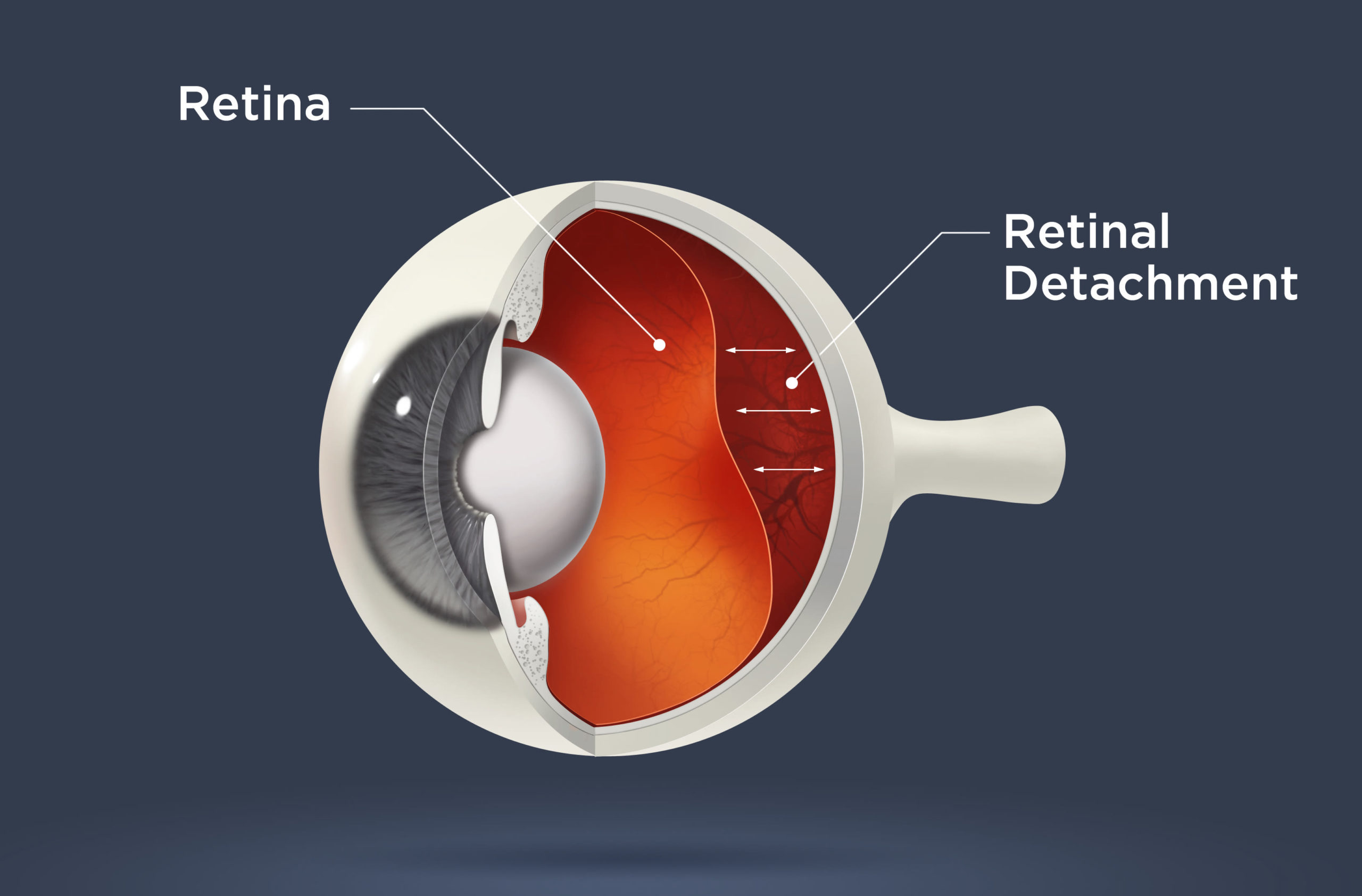LASIK
LASIK is a short-form term for Laser Assisted In Situ Keratomlieusis. It is a non-invasive and thus extremely safe surgical procedure, where your doctor uses a laser to reshape the cornea (the transparent part of your eyes that cover the iris, pupil, and anterior chamber). Laser vision correction has evolved rapidly over the last twenty years. LASIK is the most popular refractive error correction surgeries and can rectify a power of -1D to -9D in myopia patients and up to +4D in hypermetropia patients. This vision correction could improve your efficiency of work drastically.
Sandhya Eye Hospitals was the first to introduce customized LASIK treatment in Andhra Pradesh.
We have an expertise of doing more than 10000 LASIK procedures and spreading smiles for over last 15 years.
LASIK can correct conditions like
- Hyperopia – Also called hypermetropia, or farsightedness. This is when you can see far-away objects clearly, but experience strain in your eyes when you try to focus on objects very close to you.
- Myopia – Also called nearsightedness. This is when you can see objects close to you very clearly, but experience headaches or eye strain when trying to look at far-away objects like a chalkboard or road signs.
- Astigmatism – This is a kind of vision error caused by abnormalities in the shape of one’s cornea. If you’re astigmatic, it means your eyes can’t focus incoming light properly leading to blurred or distorted image falling on the retina.
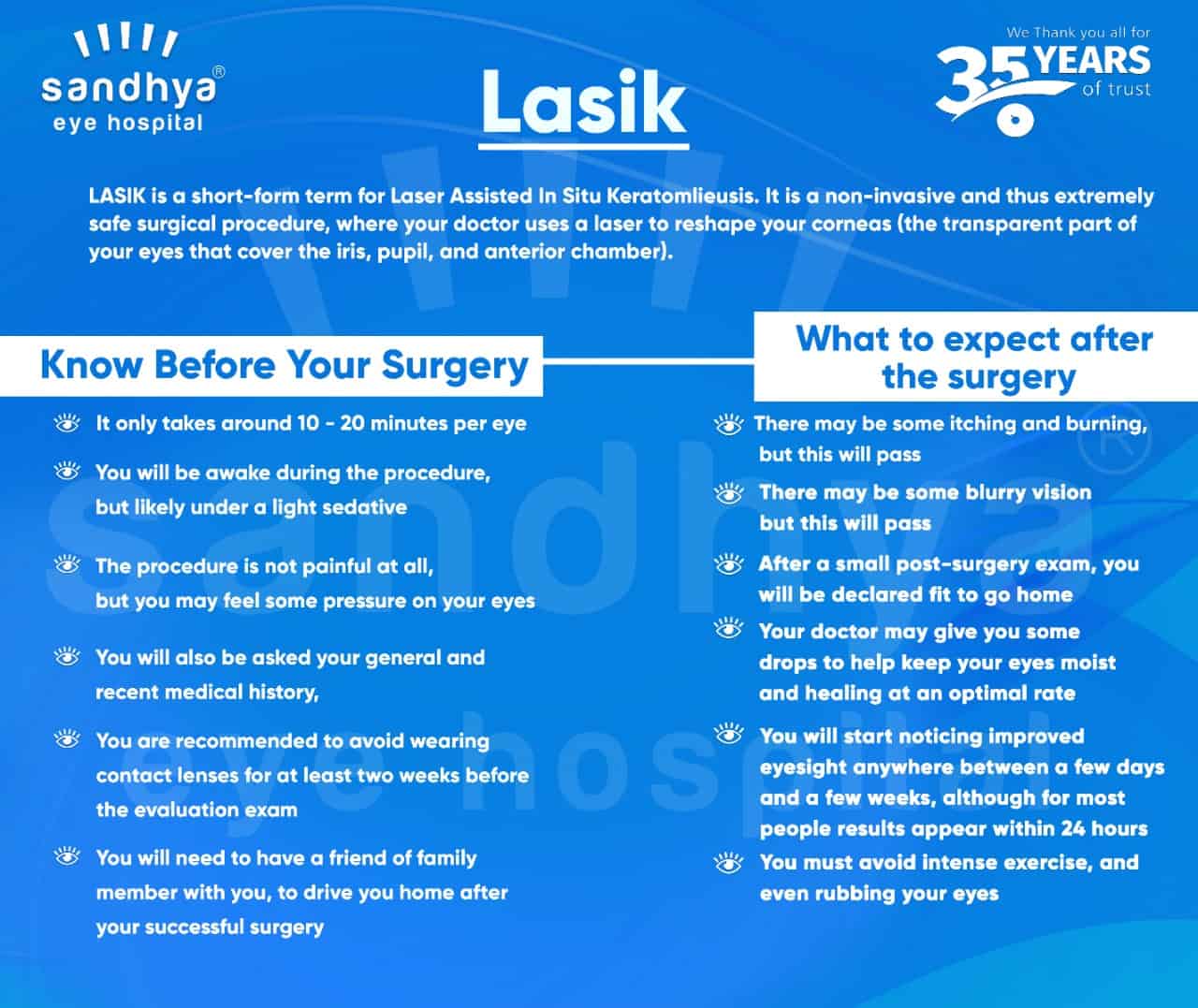
What to know before your surgery
- It only takes around 10 – 20 minutes per eye, for most people
- You can generally see results within 24 hours of the procedure
- You will be awake during the procedure, but likely under a light sedative
- The procedure is not painful at all, but you may feel some pressure on your eyes
- You will need to have a friend of family member with you, to drive you home after your successful surgery
- You will have to undergo a thorough evaluation to make sure that your eyes are healthy and strong enough for the procedure; if you have glaucoma, cataracts, weak tear production, thin corneas, or any kind of corneal disease, your doctor may advise you against getting LASIK
- You will also be asked your general and recent medical history, to help the doctor determine if LASIK is the best option available to you
- You are recommended to avoid wearing contact lenses for at least two weeks before the evaluation exam, to ensure accurate results
What to expect during the surgery
- Numbing (anaesthetic) solution is dropped onto the eye
- The eyelids are safely held open with a holder, and a device called a suction ring is used to prevent your eye itself from moving; this is so your doctor can be extremely precise during the procedure
- A small flap is made at the edge of your cornea either entirely with a laser, or with the assistance of a blade
- The flap is carefully lifted, and your cornea is gently reshaped using a laser, the amount depending on your glasses’ or contact lenses’ prescription
What to expect after the surgery
- There may be some itching and burning, but this will pass
- There may be some blurry vision, but this will pass
- After a small post-surgery exam, you will be declared fit to go home
- Your doctor may give you some drops to help keep your eyes moist and healing at an optimal rate
- You will start noticing improved eyesight anywhere between a few days and a few weeks, although for most people results appear within 24 hours
- After a followup eye exam, you will be declared fit to go to work
- You must avoid intense exercise, and even rubbing your eyes, until your eyes are completely done healing from the procedure (generally a week)
